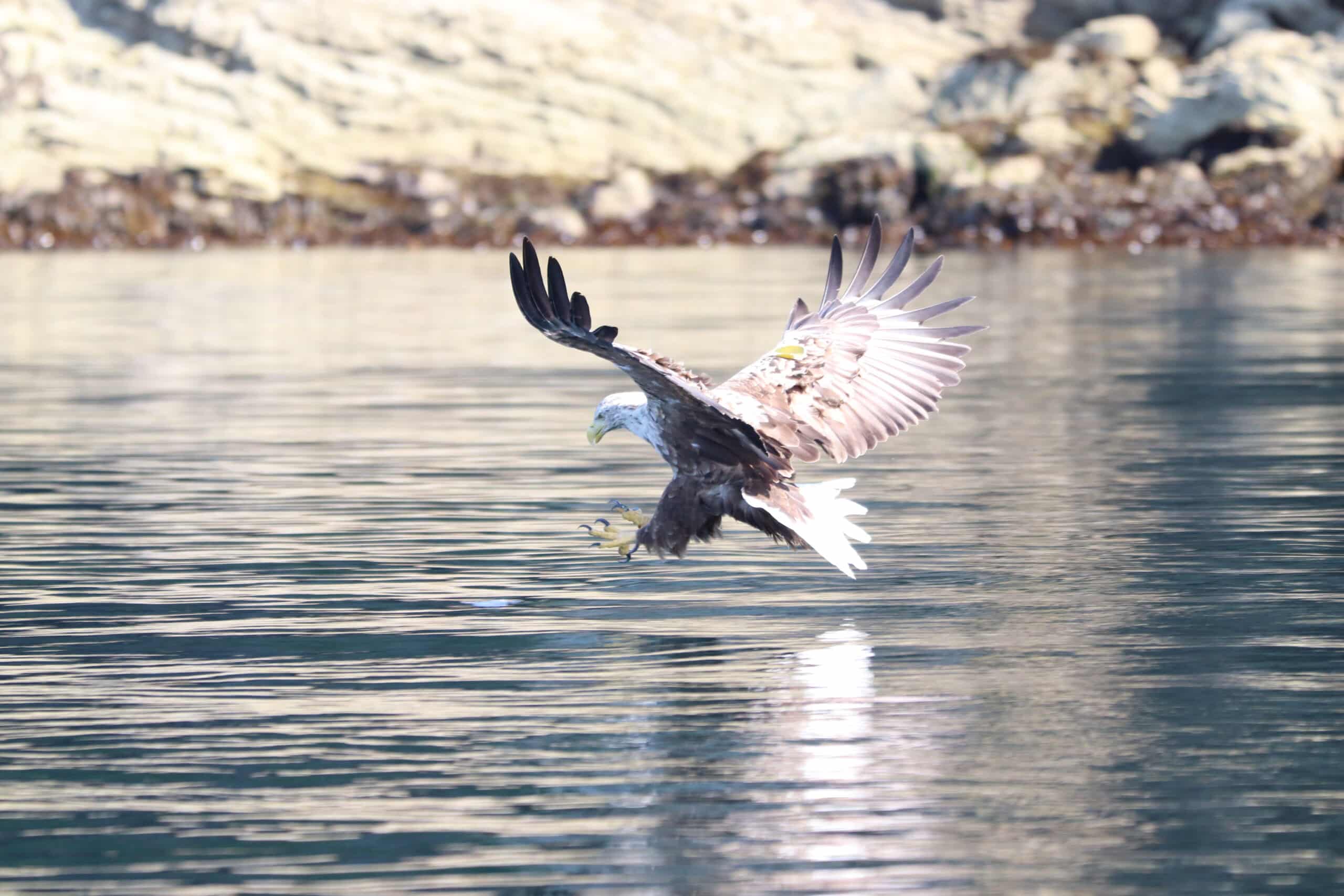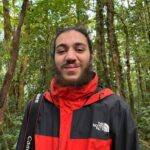Wondering what went right this week in the conservation world? We’ve got you covered with our Conservation Optimism Round-Up! We are collating stories of optimism from around the globe so that you never miss your dose of weekly motivation.
1. New global biodiversity fund to restore nature worldwide by 2030 officially launches
” Representatives of 185 countries officially agreed to launch a new fund to ramp up investment to nations in meeting goals outlined in the Global Biodiversity Framework.”
The new @theGEF Global Biodiversity Framework Fund (GBFF) is great news for #biodiversity providing funding for the 2030 GBF. But more $$ is needed + learning from past GEF projects more focus on ensuring and measuring #impact will be essential https://t.co/nPT2OOgBRU
— Jonas Geldmann (@jgeldmann) August 28, 2023
2. Conservationists work to restore last remnant of a once-great Ugandan forest
” Conservationists are working to restore Uganda’s threatened Mabira Central Forest Reserve, a refuge for hundreds of species of birds, mammals and plants in the center of the country. In April, the NGO Nature Uganda launched a forest restoration project aimed at reducing illegal harvesting of forest products and replanting degraded sections of Mabira with indigenous tree species.”
Conservationists are working to restore Uganda’s threatened Mabira Central Forest Reserve, a refuge for hundreds of species of birds, mammals, and plants in the center of the country. https://t.co/HnIG74bBH0 #conservationoptimism
— InternetOfElephants (@ioelephants) September 6, 2023
3. Mexico announces 13 new protected areas, with more to come
” Mexico introduced six new national parks and seven “flora and fauna protection areas” covering 17,918 hectares (44,276 acres) to be overseen by the National Commission of Protected Natural Areas (Conanp). The commission said it expects to declare three additional protected areas by the end of the month.”
Thanks to #conservation efforts, #Mexico has established 13 new #protectedareas, covering almost 18,000 ha of land and sea, and providing critical habitat for numerous species!#MPA #marine #conservationoptimism #LetNatureThrive https://t.co/4HzE77XCOv
— Global Conservation Solutions (@_GCS_) September 8, 2023
4. First white-tailed eagle in 240 years born in south of England
” Conservationists said it was a “landmark” moment in the mission to return the lost species to the country. It was the first successful breeding attempt released by Forestry England and the Roy Dennis Wildlife Foundation’s project. ”
After #reintroducing the species in 2020, White-tailed #Eagles have successfully bred in southern #England, the first time since their extinction in 1780!#rewildling #speciessuccess #conservationoptimism #LetNatureThrive
— Global Conservation Solutions (@_GCS_) September 5, 2023
Photo Credit: Forestry Englandhttps://t.co/bNplTMtPix
5. Ecuadorians vote to halt oil drilling in biodiverse Amazonian national park
” Ecuadorians have voted in a historic referendum to halt the development of all new oilwells in the Yasuní national park in the Amazon, one of the most biodiverse regions on the planet.”
Good news! https://t.co/TiMb52Jht3 #ConservationOptimism #biodiversity
— Nancy Castaldo (@NCastaldoAuthor) August 22, 2023
6. Ospreys breed in Ireland for first time for more than 200 years
” he birds have re-colonised naturally in the area and have successfully produced at least two, possibly three chicks – the first known wild Osprey chicks on the island of Ireland in modern times. “
Some good news for you on a Friday morning
— RareBirdAlertUK (@RareBirdAlertUK) August 25, 2023
Ospreys breed in Ireland for first time for more than 200 years#conservationoptimismhttps://t.co/Y6qNR7ysKa
7. Kenyan fishers put new twists on an age-old marine conservation system
” Over the past two decades Kenyan fishing communities have been setting up no-fishing zones called tengefus, Swahili for “set aside.” The idea was inspired by the fishing habits of their forebears, who prior to colonization established seasonal fishing closures to ensure plentiful harvests. ”
Thanks to #locally-managed #marine areas est by #fisherfolk along #Kenya's north coast, fish are increasing, providing sustained livelihoods for local people and critical coral reef habitats for fish species!#conservationoptimism #LetNatureThrive https://t.co/hYaW0EMjM8
— Global Conservation Solutions (@_GCS_) August 25, 2023
Have a story to share for our weekly round-up? Use #ConservationOptimism on Twitter, Facebook, LinkedIn and Instagram!


